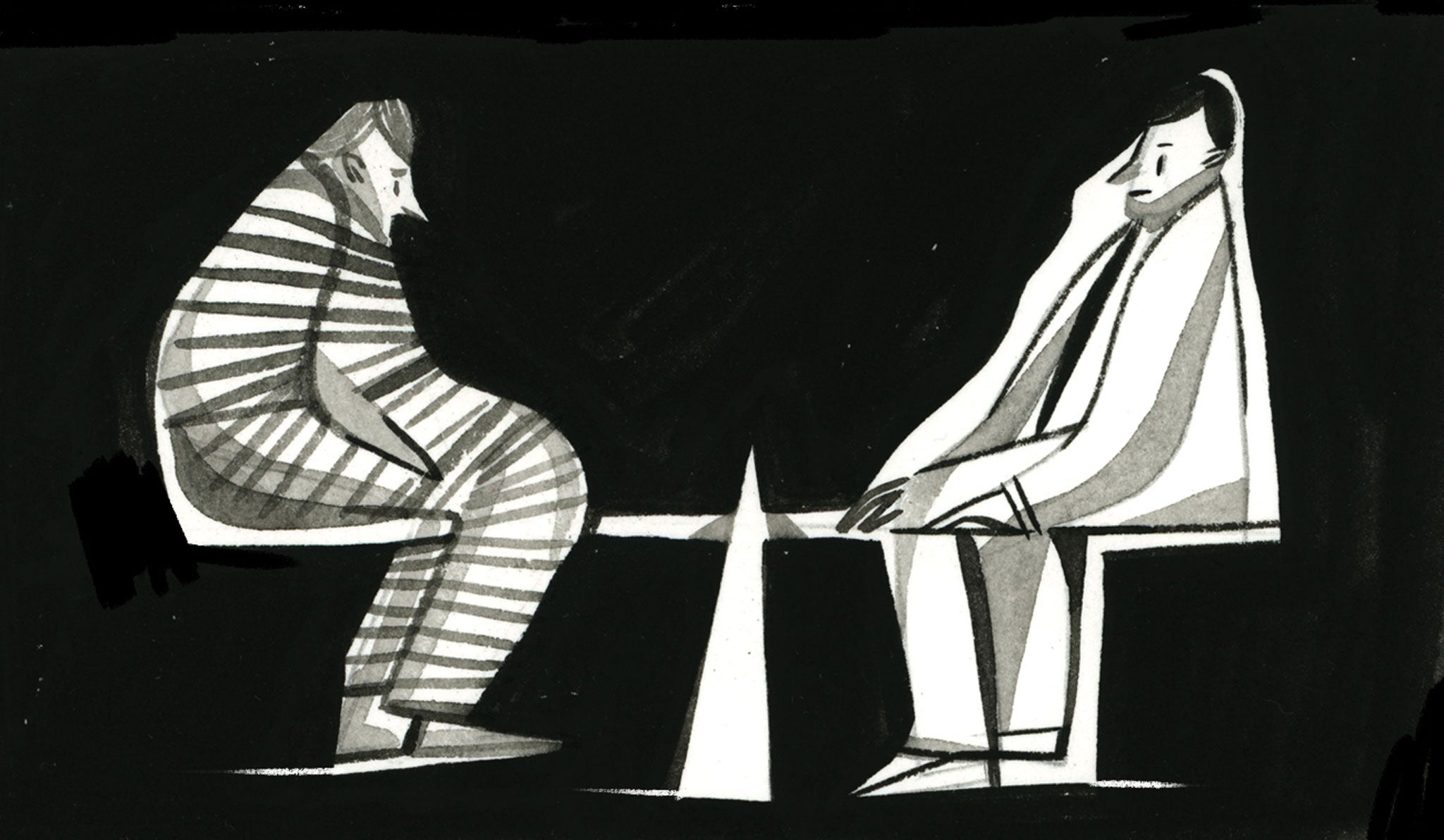'What's it like to defend someone you strongly believe to be guilty?'

Morally speaking, I don't have any problem with representing someone who I personally believe is guilty.
Not at all. Usually, people who do have a problem with it simply don't do it.
The honest answer is that I enjoy helping people through what is often the hardest time in their lives, whether or not it's their fault. I like that I spend my days asking for mercy, not punishment.
Zachary North, US criminal defence attorney
I believe the following things which, taken together, make it not a problem for me to represent someone who committed a crime.
1. The perfect criminal justice system does not exist.
2. It really is better that 10 guilty men go free than that one innocent man gets convicted.
3. People who commit crimes will commit other crimes and can be fairly punished for other crimes at another time.
Gregg Shaff, criminal defence attorney
Representing the guilty is pretty straightforward. Representing the innocent, however, is completely different. You have a constant gnawing at you that no matter what you do, it isn't going to be enough. The burden has shifted to you to prove their innocence, and it is much, much harder to prove a negative (eg, someone didn't do something) than it is to prove someone did something. The case will easily consume you, trumping everything else in your life because someone you have become convinced is truly innocent is at risk of going to prison or facing the death penalty and you are the only one who can prevent it.
If they are convicted, you then get the pleasure of trying to go to sleep each night knowing that if you had just done a little bit more, perhaps asked a different question of a witness or spent just a few more hours digging through documents looking for exhibits, the outcome would have been different and the innocent would be free. It becomes your fault that the innocent person is in prison, even though you did all you could to prevent it. You should have done more. Why didn't you do more? What could possibly have been more important than that? The case gnaws at you for months, years, even decades and becomes one of the things that you will never, ever forget.
Tre Critelli, Assistant Ethics Counsel to Iowa Supreme Court Attorney Disciplinary Board and qualified barrister in England and Wales
These answers all come from quora.com, the popular online Q&A service. Ask any question and get real answers from people in the know
Subscribe to Independent Premium to bookmark this article
Want to bookmark your favourite articles and stories to read or reference later? Start your Independent Premium subscription today.
